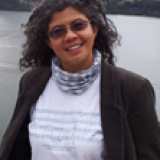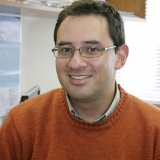This document presents the results of the qualitative analysis on the understanding of well-being
and the changes in life satisfaction, aspirations and expectations in the participants of the
Produciendo por mi Futuro program in Colombia, a poverty-reduction intervention
implemented by Prosperidad Social, that is based on the graduation programs developed initially
by the BRAC Development Institute of Bangladesh. The qualitative analysis was carried out using the biographical method called Life Stories. The results indicate that the conception of the wellbeing of the participants involves not only socioeconomic dimensions but also others such as keeping the family together or feeling calm, at peace or happy. The frequency with which some elements associated with the notion of well- being are mentioned varies over time and this variation may be related to seasonal changes such as rain or drought, or school seasons, vacations or holidays, or with various shocks faced by th
e participants during the implementation of the program. Life satisfaction increased for the participants, although the increase was greater and more sustained in participants who started the program with lower life satisfaction compared with their peers. The aspirations and expectations improved for most of the participants; however, it was found that expectations increased more for those who started with lower wellbeing perceptions and expectations, who, in turn, were those who exhibited, relative to their
peers, a poverty dynamic with greater limitations and worse socioeconomic conditions, at the beginning of the intervention.
Changes in subjective well-being, aspirations and expectations in participants of poverty alleviation programs: A qualitative analysis of Produciendo Por Mi Futuro in Colombia
Country
Sustainable Development Goals

